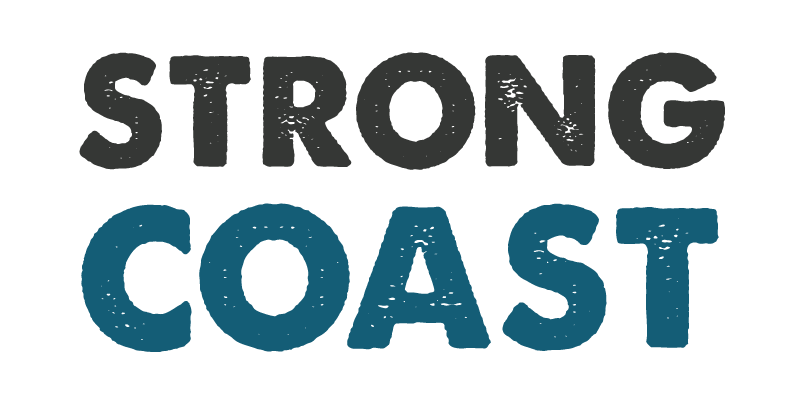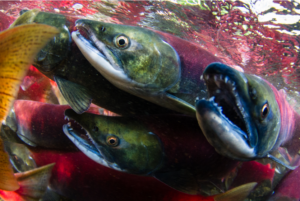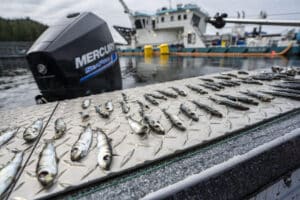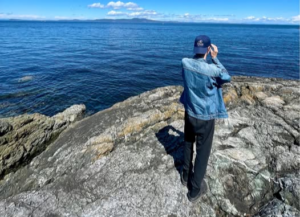
Earlier this year, Fishing Minister Joyce Murray made the decision to shut down 15 of Mowi’s fish farms in the Discovery Islands. According to Fishing Minister Murray, the decision to close these fish farms was based on scientific studies showing that the narrow marine passages through the Discovery Islands are essential for young migrating salmon from the Fraser River watershed and that fish farms endanger these young fish through parasite and disease transfer.
This legal battle between Mowi, a leading seafood company, and former Canadian Fisheries Ministers Joyce Murray and her predecessor, over the closure of fish farms in the Discovery Islands, highlights a complex interplay between environmental concerns and economic interests. Mowi’s lawsuit alleges “misfeasance in public office” following the non-renewal of 11 of its fish farm licenses, a decision they claim wiped out over 30% of their profits.

This conflict underscores a broader debate about the environmental impact of fish farms. Critics argue that these farms can spread diseases and parasites to wild fish populations, a concern that led to the closures. This concern is an economic one, as critics of fish farms argue that fish farms are contributing to the decline of wild salmon stocks, which has negatively impacted coastal communities and commercial fisheries.
Supporters of the fish farm industry, however, emphasize its economic benefits, including job creation. Mowi, specifically, highlights its role as a job provider for both Indigenous and non-Indigenous communities in coastal BC. However, fish farm critics accuse Mowi of spreading disinformation to exaggerate the economic benefits fish farms bring to coastal communities.
While shutting down an industry is a significant step to take, the scientific evidence indicates that fish farms harm wild fish and have played a role in the decline of wild salmon stocks.
Read this in-depth article by West Coast Now to learn more about this controversial case.




